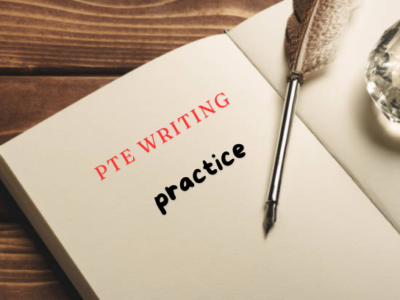
Achieving good marks in exams is a goal shared by students worldwide. It requires a combination of effective study strategies, time management skills, and mental preparation. This comprehensive guide will explore various techniques and tips to help you excel in your exams.
1. Understand the Exam Format and Syllabus
Know the Syllabus: Before you begin studying, ensure you have a clear understanding of the syllabus. Knowing what topics will be covered in the exam helps you prioritize your study time effectively.
Understand the Exam Format: Familiarize yourself with the format of the exam. This includes knowing the types of questions (multiple choice, short answer, essays), the number of questions, and the marking scheme. Understanding the format can help you strategize your time during the exam.
2. Create a Study Plan
Set Realistic Goals: Set achievable study goals for each day or week. Break down your syllabus into manageable sections and allocate specific time slots for each.
Prioritize Subjects: Identify subjects or topics that you find most challenging and prioritize them in your study plan. Allocate more time to these areas while ensuring you don’t neglect other subjects.
Balance Study and Breaks: Incorporate regular breaks into your study schedule. The Pomodoro Technique, which involves 25 minutes of focused study followed by a 5-minute break, can be highly effective.
3. Active Learning Techniques
Take Notes: Taking notes helps reinforce what you learn. Summarize key points in your own words, and use bullet points, diagrams, or mind maps to make your notes more visually appealing and easier to review.
Teach Someone Else: Explaining a topic to someone else is a powerful way to solidify your understanding. Teaching forces you to organize your thoughts and identify any gaps in your knowledge.
Practice with Past Papers: Practicing with past exam papers gives you a sense of the types of questions that might appear and helps you become familiar with the exam format. It also allows you to test your knowledge under timed conditions.
4. Effective Revision Strategies
Regular Revision: Regularly revising what you have studied is crucial for long-term retention. Schedule revision sessions at regular intervals to reinforce your learning.
Use Flashcards: Flashcards are a great tool for memorizing key facts, definitions, and concepts. They are especially useful for subjects that require a lot of memorization, such as history or biology.
Group Study: Studying in groups can be beneficial if done correctly. Discussing topics with peers can provide new insights and help clarify doubts. However, ensure that the group remains focused and doesn’t turn into a social gathering.
5. Healthy Lifestyle Choices
Balanced Diet: Eating a balanced diet is essential for maintaining energy levels and concentration. Include plenty of fruits, vegetables, and whole grains in your diet. Avoid excessive caffeine and sugary snacks, which can lead to energy crashes.
Exercise Regularly: Physical activity boosts brain function and reduces stress. Aim for at least 30 minutes of moderate exercise, such as walking, jogging, or yoga, each day.
Adequate Sleep: Getting enough sleep is crucial for cognitive function and memory consolidation. Aim for 7-9 hours of sleep per night, especially before the exam day.
6. Exam Day Strategies
Prepare in Advance: Ensure you have all necessary materials, such as pens, pencils, erasers, and a calculator, packed and ready the night before the exam. Double-check the exam location and time to avoid any last-minute surprises.
Arrive Early: Arrive at the exam venue early to give yourself time to settle in and reduce any pre-exam anxiety.
Stay Calm and Focused: During the exam, stay calm and read each question carefully. Allocate your time wisely, ensuring you have enough time to answer all questions. If you get stuck on a question, move on and come back to it later if time permits.
Review Your Answers: If time allows, review your answers before submitting the exam. Look for any mistakes or incomplete answers and make necessary corrections.
7. Post-Exam Reflection
Analyze Your Performance: After the exam, take some time to reflect on your performance. Identify areas where you did well and areas that need improvement. This analysis can help you prepare better for future exams.
Seek Feedback: If possible, seek feedback from your teachers or professors on your exam performance. Understanding their perspective can provide valuable insights into how you can improve.
Conclusion
Achieving good marks in exams requires a combination of disciplined study habits, effective time management, and a healthy lifestyle. By understanding the exam format and syllabus, creating a structured study plan, using active learning and revision techniques, and maintaining physical and mental well-being, you can maximize your potential and perform your best in exams. Remember, consistency and perseverance are key, and with the right strategies, you can achieve your academic goals.
Post By:- World Information










